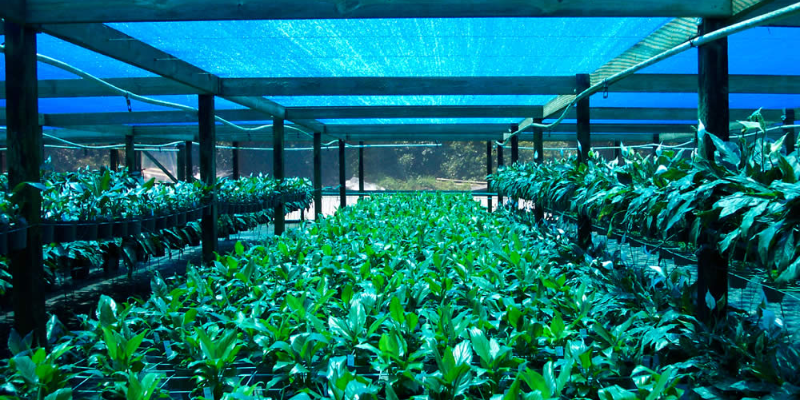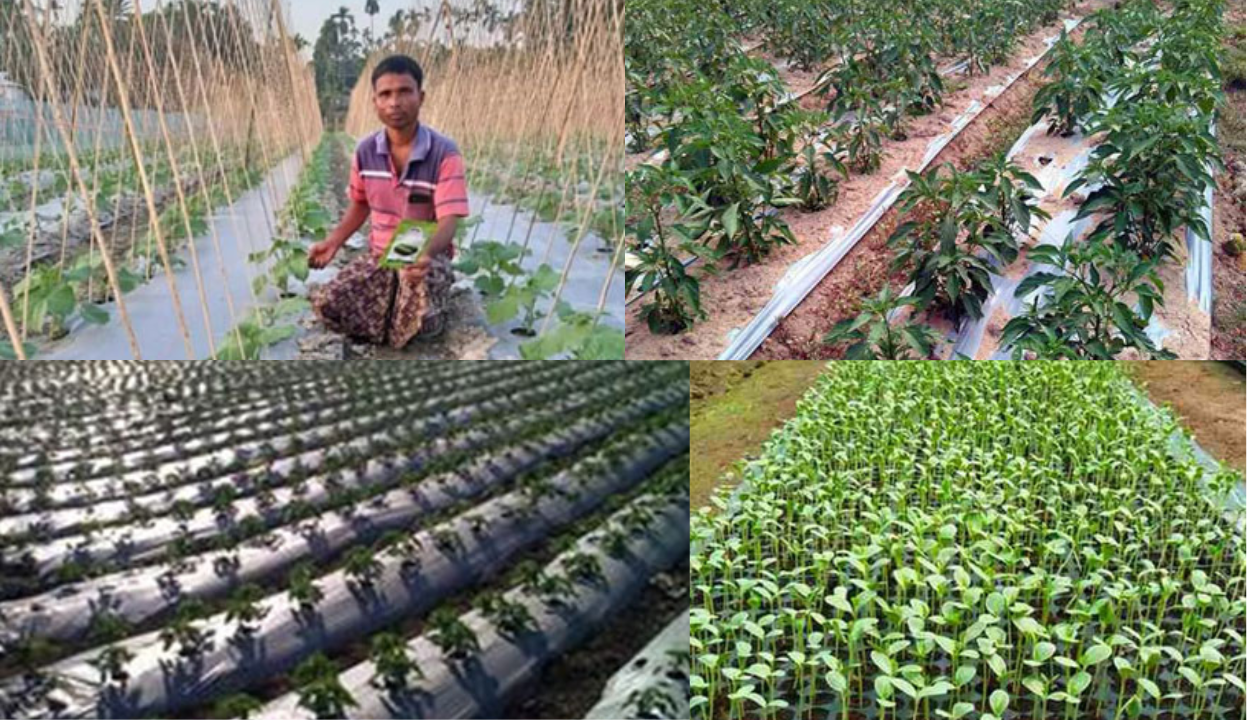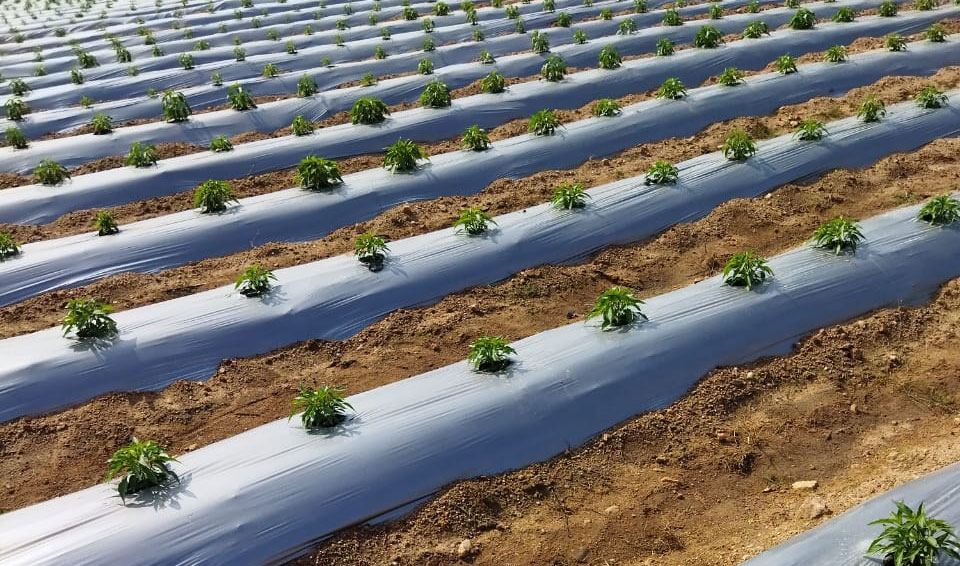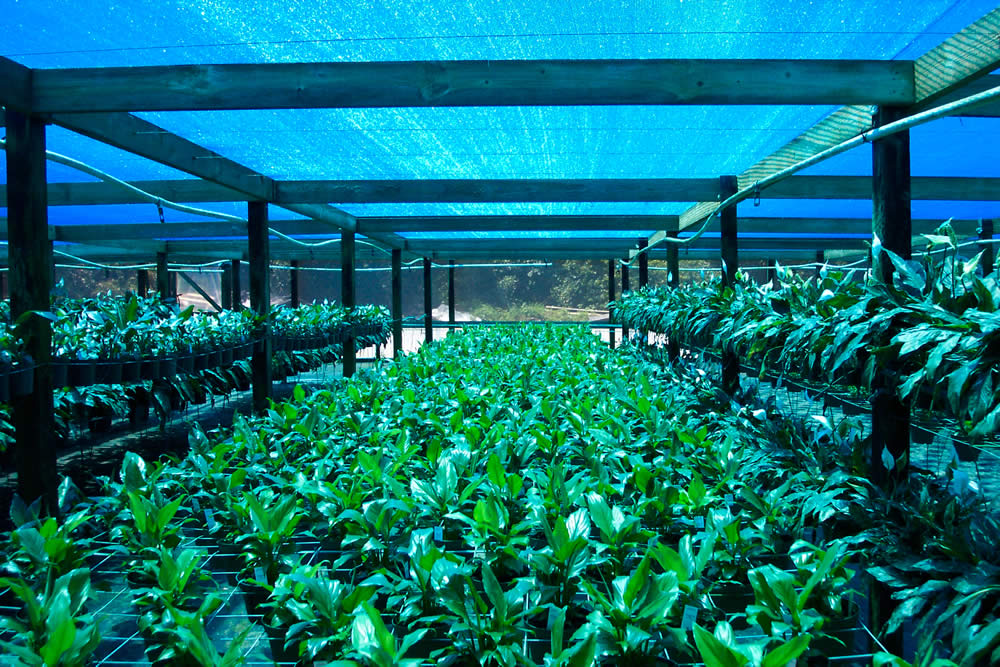
Importance of Agriculture in India
The importance of agriculture in India is a subject which attracts a substantial number of speakers to opine, every time agriculture is talked about. Agriculture and domestication constitute together that one domain, which caters to the food requirements of all human beings. This is so because plants are the primary producers in our ecosystem and every living being is directly or indirectly dependent on the plant produce.
INTRODUCTION
Finally, this topic, Importance of Agriculture in India strikes a chord with almost every person who breathes and eats. Agriculture is the backbone of food production. Land when cultivated provides us food, shelter and clothing, all by itself. Domestication of animals and rearing livestock makes the second important part of agriculture that is complementary to our need to procure daily essentials for survival.
IRRIGATION: A BASIC NEED
Irrigation infrastructure in our country includes a network of major and minor canals which are sourced from
- rivers
- tanks
- well-based systems
- other rainwater harvesting projects
Among these, the groundwater or well-based system is the largest one. Dams have been used for irrigation projects extensively. Mostly after the green revolution led by M.S. Swaminathan, such extensive irrigation projects have helped provide drinking water to the ever-growing rural population and lend a helping hand to control flood and also helped to prevent drought-related suffering which is nothing but a part of agriculture.
WHY AGRICULTURE IS IRREPLACEABLE?
- PROVISION OF FOOD GRAINS
Agriculture, be it India or the entire world over is revered for its prime task of producing food grains and feeding the population which is directly or indirectly dependent on food grains only. Wheat, rice, barley, maize, millets are some of the important cereals that source our food. Pulses and beans like lentils, gram, soybean, green beans are the other basic demands. Then mustard, coffee, tea, sesame, fruit, vegetables; you get all by cultivating.
- CONTRIBUTION TO GDP
Agriculture has a substantial contribution to GDP, though that has reduced to a big extent, still, it made for:
- Around 26 percent of the gross domestic product in 2001.
- In 2018 it dropped further to 17-18 percent.
- Earlier it ranged between 48 and 60 percent.
This contribution to our national income is also a big chunk and that is partly why the importance of agriculture in India is the most pronounced when compared to other countries.
- EMPLOYMENT GENERATION
In India, at least two-thirds of the working populace is employed in agricultural works. The majority of the rural households thrive on agriculture and we are still a transition state from an agrarian economy. A large number of skilled and unskilled laborers are required for the construction works and in other fields. Agriculture employed 50% of the Indian workforce in 2018.
Although disguised unemployment plagues the agriculture sector only, there is no denial of the fact that agriculture is labor-intensive. Thus it contributes to the generation of a large amount of employment for the working population. Agriculture employs the maximum number of people during the peak months of the year, i.e. during the sowing and harvesting time.
- PROVIDER OF RAW MATERIALS
Agriculture supplies a great number of raw materials to various agro-based industries like sugar, tea, jute, cotton textile, and oil industries. Cotton balls and dyes for the textile industries, jute fiber for the jute factories, bamboo and weed sticks for various cottage handicraft industries, all come under the purview of agriculture. Similarly, food processing industries are also dependent on agriculture to a large part.
- MARKET FOR INDUSTRIAL PRODUCTS
Agriculture produce provides a major backing to both domestic and international markets. An increase in rural purchasing power is very important for industrial development as two- thirds of the Indian population live in rural parts of India. India has witnessed a tremendous increase in the purchasing power of the big farmers which enhanced due to their rise in income and additionally a negligible tax burden, being exempted from the Income-tax.
Clothes, cereals, pulses, oils, baby products, spices, dairy products have a large market to their name. Agriculture only has made this possible. Several seemingly unconnected markets thrive on agriculture. This is also the prime importance of agriculture in India.
- HELPING HAND TO NATIONAL BUDGET
The agriculture has provided helping hand to governments so to earn huge revenue from cultivation and its allied activities like:
- Cattle rearing,
- Fishing,
- Animal husbandry
- Poultry farming etc.
Indian Railways also gets a significant amount of revenue in the form of freight charges for both semi-finished and finished agricultural products. Thus agriculture forms the face of crisp budgetary allocations.
Now we can surely appreciate the various facets of cultivation and its allied sectors and realize also the importance of agriculture in India. Each one should be able to grow some plant or the other, at least once in their lifetimes, and NEHASHADENET provides you the best opportunities for the same. Do check them out when you get that instinct to farm and produce on your own!











